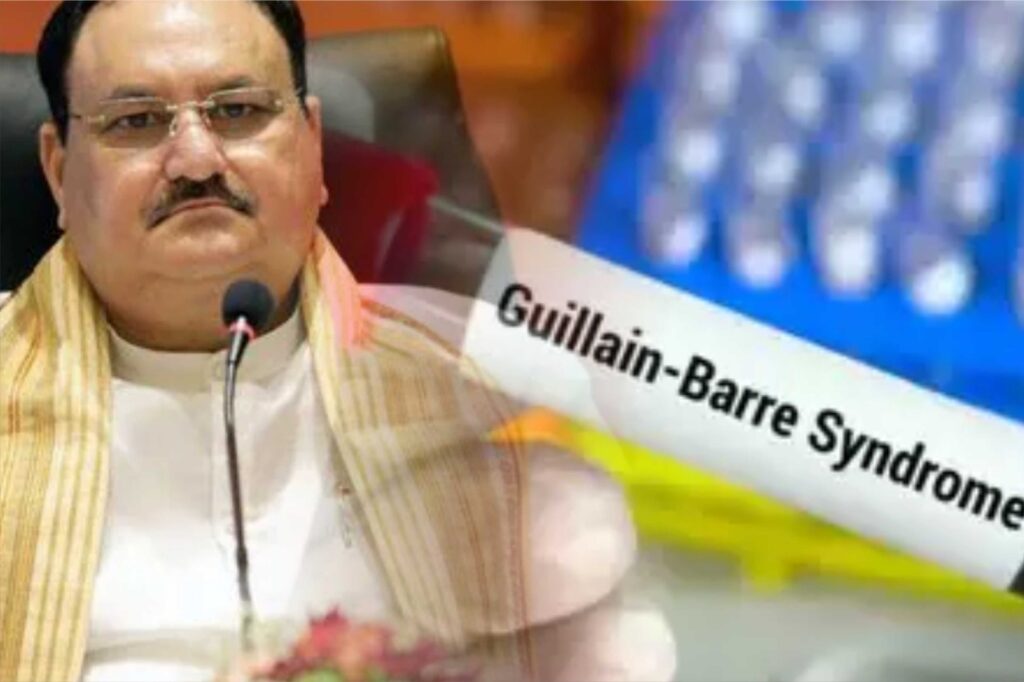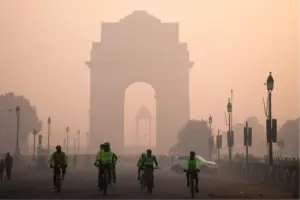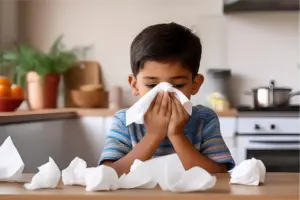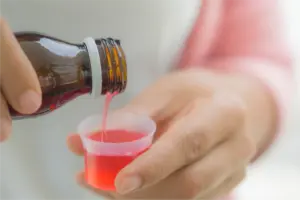
Mumbai: As Union Health Minister JP Nadda requested the state health department to cooperate with central agencies and other departments to find cause and stop this outbreak, the list of suspected Guillain-Barré Syndrome patients in Maharashtra grew to 163 on Tuesday.
GBS is an uncommon and severe neurological condition brought on by an immune system malfunction that targets the peripheral nerve system, therefore producing muscle weakness, paralysis, and occasionally even fatal complications. The symptoms of the illness usually get worse between two to four weeks. Studies reveal that the death rates range from 3% to 13%.
To evaluate the matter, Nadda conducted a high-level video conference on Monday including Health Minister Prakash Abitkar of Maharashtra and other state authorities. Presenting at the conference were state health officials who reported 163 probable cases, 47 discharged, 47 in intensive care units, and 21 needing ventilator support. But increased officials, new instances, have dropped from late January.
Following the revelation of the matter, Minister Abitkar at the conference informed the attendees that the Centre has been fully helping Maharashtra to handle the matter. Apart from post-recovery care for individuals impacted by the virus, Nadda claims steps would also be done to cleanse water and guarantee that safe drinkable water is delivered to people. Therefore, the state’s hospitals have been directed to track the recovered patients for twenty-one days and offer them the necessary rehabilitation assistance.
Public hospitals now provide better medical facilities for GBS patients thanks also to the Maharashtra government. Said Dr. Nipun Vinayak, Secretary of the Public Health Department, on direction from Nadda, the state is collaborating with its top scientific institutes to identify the source of the epidemic.
To find a possible connection between the epidemic and chicken intake, 67 patient samples have been forwarded to the Meat Research Institute in Hyderabad for testing. At NIMHANS in Bengaluru, blood samples from 63 patients are being examined for anti-ganglioside antibodies, which have a relationship to GBS.
Public confidence has shown itself in the form of sufficient medical infrastructure, in-place in Pune and Pimpri-Chinchwad, and in line with the volume of cases observed in these regions. Along with municipal corporations, the health department is doing clinical death audits to enable adequate understanding of its impact.
Concurrently, the health officials are asking those suffering with persistent diarrhea or problems breathing to be admitted into government institutions for evaluation. They are guiding the people to be careful even if they warn that it is not reason for panic. Authorities ask them to boil their water before drinking and eat fresh, well-cooked meals as, in this case, chances of infection would be reduced.
Maharashtra is still battling back against the breakout with state cooperation ranging from the local level to the central government, using quick medical intervention with preventative measures towards the population.








